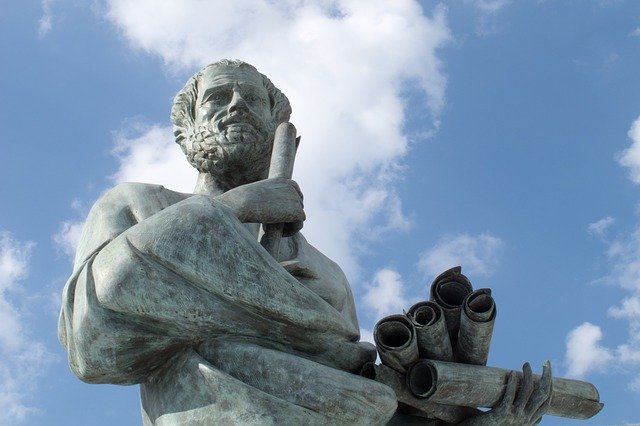The role of a student in a school set up is usually characterised as being a receiver of information. Schools focus on learning material and reproducing the same in exams, whilst ignoring their practical application. This school atmosphere and the textbooks it prescribes is often seen as ‘politically neutral’, as they make an active effort to refrain from commenting upon the ongoing political issues. This stems from the idea that students have nothing to do with the democratic process while narratives like “just be focussed on your studies to score well” are popularised.
However more recently, the role of educational institutions in developing citizenhood amongst students has been questioned due to the increasingly polarized socio-political atmosphere.
These questions become even more important in today’s context with the existence of multiple narratives of what it means to be a good citizen, with most of them being avoiding questioning the government and some of them even promoting the curbing of dissent. Moreover, important lessons like secularism, the importance of democracy in the school curriculum are considered ‘negligible’ and even discarded as per the convenience of underlying political agendas.
To that end, one can even argue that students’ understanding of their nation’s history and their anticipation of future outcomes remain inadequate, even inaccurate, without having a critical lens for the political activities that led to the event in the first place. This implies that the understanding of the national emergency in 1975 is not complete without highlighting the protest movements it entailed.
The notion that students in educational institutes don’t have anything to do with the democratic process- is flawed, as graduation from high school implies students getting voting rights and having a say in the democratic process. They even have digital resources which can be used to further their activism. For instance, movements like black lives matter and Metoo largely stemmed from social media discourses and were successful in creating some impact as well. Students can also be made to take part in these discourses online if they have access to that environment in schools as well. In order to facilitate students becoming active citizens, the school curriculum needs to do better.
To do so, schools can gradually move more towards culturally responsive curriculums. These facilitate critical thinking skills and have students engage with the law, media, civil societies, etc. In these curriculums, active efforts are made to give assignments which make students sensitive to the grass-root level realities of urban India. Volunteer work which entails ‘giving back to the society’ is made compulsory, in order to not just tell students they have the space to shape the society, but rather make them feel and learn the same via experiences.
Students are made to question the roles and responsibilities of governmental institutions in times of crisis (for instance, the current migrant crisis) highlighting what the government has done, and what it hasn't done. Both sides of popular narratives and discourses can be accounted for in the classroom while teaching about current events and evaluation of leaders as effective/ ineffective can be left on to the students to come up with.
What this curriculum essentially does is then foster cognitive dexterity, i.e. ability to understand and reflect on more than one aspect of a concept. It enables students to understand the interconnected nature of social identities that exist. The same can even facilitate a better understanding of concepts like privilege across a gradient instead of absolute terms. This understanding then can help them use the same for just causes, bringing about institutional change.
Today, in a world with a pandemic, where most classes are going online, students have been seen to complain about online classes being impersonal. At the same time, the internet is becoming an important tool. The problem of impersonality can be addressed with the promotion of digital citizenship, which essentially means using digital media (internet) to engage with the larger socio-political process. Working together, students and teachers can collaborate and come up with personalised projects and blogs which encourage dialogue.
Taking to social media to hold institutions and people accountable has been seen to force them into being answerable. The same can be taken to online classrooms, to help students further engage with law and civil societies, form online communities, be critical of what they are consuming via the media, and pay attention to how elected representatives are conducting the business of governance.
Under today’s circumstances, classrooms can not be treated as the static arena for the imparting of information. We must transform our classrooms, chat rooms and social media feeds into theatres of engaged democracy using tools of research, analysis and critical comparison.
